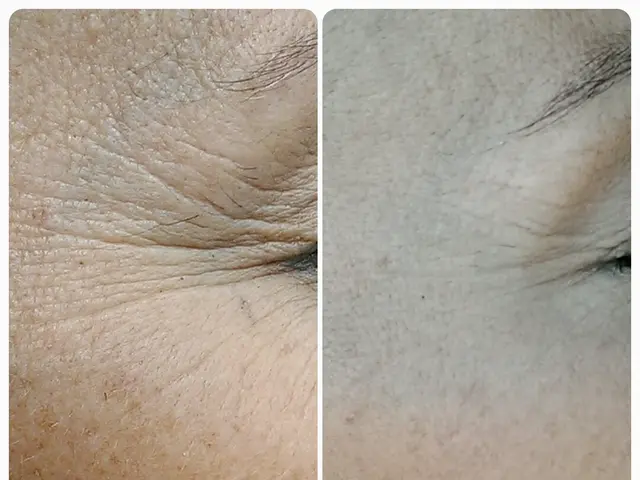Federal Authorities Initiate Trial to Provide Medicare Coverage for GLP-1 Based Weight Loss Medications
The Trump administration has announced plans for a five-year pilot experiment starting in April 2026 for Medicaid and January 2027 for Medicare Part D plans. This initiative will allow state Medicaid programs and Medicare prescription drug plans to optionally cover GLP-1 weight loss drugs, such as Ozempic, Zepbound, Wegovy, and Mounjaro, for obesity treatment.
Currently, Medicare covers GLP-1 drugs only for diabetes and heart disease, not specifically for obesity. While some Medicaid state programs cover these drugs for weight loss, most do not. The pilot program aims to explore cost-effectiveness and health outcomes by giving insurers flexibility to cover these expensive drugs, which cost over $1,000 per month.
The Washington Post first reported the news, having obtained documents from the Centers for Medicare and Medicaid Services outlining the plan. The Center for Medicare and Medicaid Innovation will oversee the experiment to allow obesity drug coverage.
If successful, this experiment could pave the way to widespread Medicare and Medicaid coverage of expensive but effective GLP-1 weight loss drugs like Ozempic and Zepbound. It is expected that new competitors will enter the market next year, further driving down prices.
Interestingly, the Trump administration had initially rejected broader coverage of these drugs for weight loss under Medicare and Medicaid due to high costs. However, the new approach allows plans to voluntarily opt in to coverage as part of a testing initiative.
Public input may still be solicited before finalizing the pilot program, indicating plans are not yet set in stone. This change in stance could be seen in Health Secretary Robert F. Kennedy Jr.'s recent comments, who previously criticised Ozempic but now refers to these drugs as "miracle drugs," emphasising the importance of pairing them with exercise.
Meanwhile, Canada is expected to approve the first generics of Ozempic early next year. The exact timeline for the U.S. approval of Ozempic generics is not yet known, but it is expected to occur after 2030.
The arrival of new approved competitors to GLP-1 drugs is expected by next year, which could further drive down prices and make these life-changing treatments more accessible to a wider audience.
- Gizmodo reported that the Trump administration's pilot program, starting in April 2026 for Medicaid and January 2027 for Medicare Part D plans, will explore the potential of covering GLP-1 weight loss drugs for obesity treatment.
- The five-year experiment, overseen by the Center for Medicare and Medicaid Innovation, aims to ascertain cost-effectiveness and health outcomes related to these expensive drugs, such as Ozempic and Zepbound.
- If successful, this initiative could lead to broader Medicare and Medicaid coverage of GLP-1 weight loss drugs, potentially impacting health-and-wellness, nutrition, and weight-management for millions.
- The Washington Post revealed that the administration initially rejected broader coverage due to high costs but has since revised its stance, allowing plans to opt into coverage voluntarily as part of the testing initiative.
- In the future, science and technology may play a significant role in medical-conditions management, as the upcoming approval of generics for Ozempic in both Canada and the US could make these life-changing treatments more affordable and accessible, according to current predictions.




